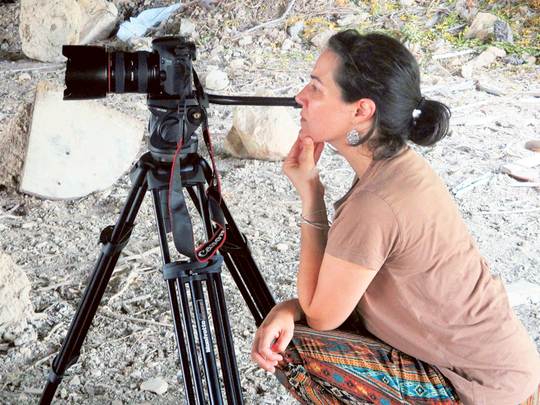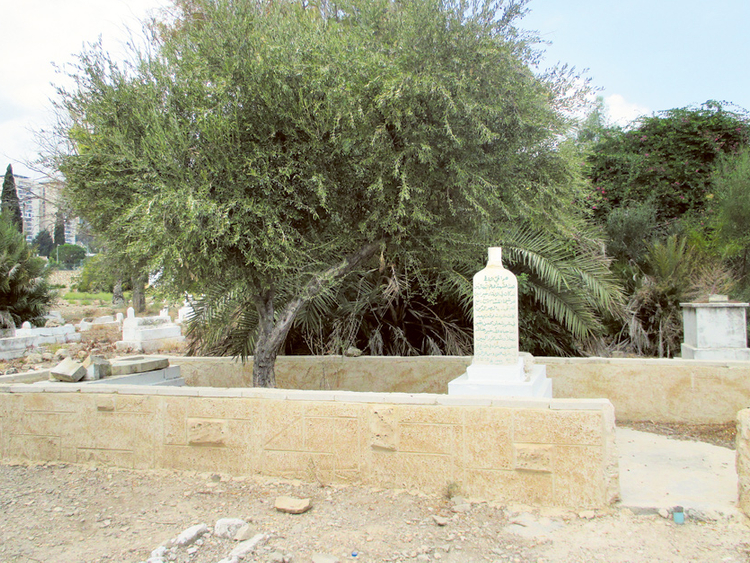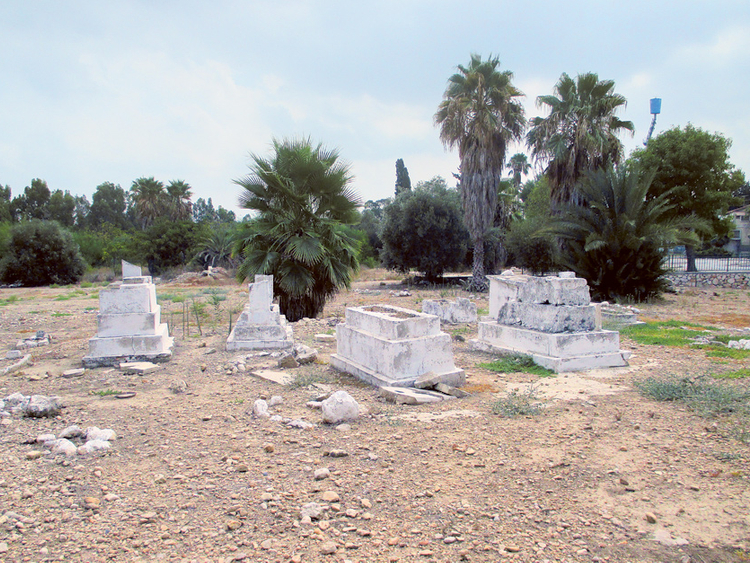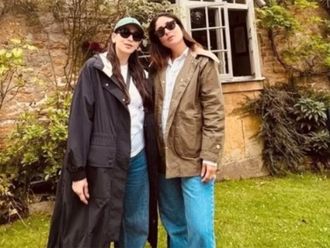
Most Palestinians have been uprooted from their ancestral homes and land as well as dispersed far and wide, but some like Mahasen Nasser-Eldin, an independent filmmaker from occupied Jerusalem, have made it their life’s journey to search and re-connect with their roots. This is her personal contribution to keeping the cause of their struggle alive and, in a sense, by doing so manifesting it as an act of resistance.
Nasser-Eldin’s amazing journey began after she completed high school and left for Chicago to study political science and women’s studies at the University of Illinois. Her intention was to be a good, interactive citizen and engage with the world she lived in.
She says, “It was during my BA studies that I dabbled in filmmaking, working on student films. I co-produced the film, ‘A Drift in The Heartland’ which is about a Palestinian woman whose father dies in the First Intifada (Uprising) and she then leaves for the US, where she marries a fellow Palestinian. It is a fictional story inspired by true events; part of it was shot in Jibya, a beautiful small village in Palestine.”
Nasser-Eldin smiles, “I was bitten by the filmmaking bug. I then worked for a year on a project as a researcher on the ‘Nakba’ (Palestinian Tragedy), wherein we engaged Palestinians in Chicago, collecting their stories from exile and connecting with those who went through the experience of the ‘Nakba’. The documentary of 28 minutes was shown on PBC.”
After she completed her studies in Chicago, Nasser-Eldin obtained a scholarship to pursue her Masters at Georgetown University in Washington DC. Her focus was on Arab Studies with Political Science as a basis.
“This was during the period of the sanctions imposed on Iraq and leading to the Second Gulf War. I travelled there as an interpreter with reporters and at the same time, did research for ‘voices in the wilderness’, the Chicago chapter.
“Then I returned to Jerusalem in the latter part of 2001 during the Second Intifada (Uprising) and worked on the American Desk for a local NGO, but soon moved to another one that provided mobile clinics and medical services.
“Thereafter I returned to Iraq and then moved onto Darfur, involving myself in humanitarian aid work. It made me critical, as I began to see firsthand the intricacies of politics and humanitarian aid work.”
After this temporary hiatus, Nasser-Eldin once again, embarked on pursuing her passion, filmmaking, “In 2006 I went to South Africa for a practical course on documentary filmmaking to learn the technical aspects of filmmaking with an instructor at the University of Cape Town.”
“In South Africa I saw a society fighting over resources and divided across skin colour and economic class. On a film project with refugees in the periphery, I began to understand black on black discrimination and the issue of xenophobia. I did not see emancipation; I saw a class war between the rich and the poor.”
Nasser-Eldin returned to her homeland in 2007 and worked for a period for a local production company in Ramallah directing the filming of a TV series of documentaries for Pal Media on the various communities living in the old city of Jerusalem, namely the Africans, Copts, Bukharis (Uzbekistanis) and Armenians. This work was screened around the region and it even won an award in Tunis.
However, in the second half of the year, she once more left the shores of Palestine and headed to London, the recipient of a Chevening Scholarship, to pursue a Masters in the theory of media and filmmaking, to be able to teach the subject.
“In London I appreciated the diversity of its people and culture. However, you can see how this is being challenged by the drive for urban gentrification in the city.”
On her return, she joined Dar al-Kalima University College for Arts and Culture in Bethlehem where she sits as a member on its academic board, developing curriculum and she also teaches practical and theoretical courses in filmmaking.
With an inner yearning and disillusioned with developments in Palestine, Nasser-Eldin left once more, and this time to Montreal in Canada, where she worked at a television station for six months. She says of the experience, “I saw similarities between first-world nations and Palestinians while connecting with communities to learn about grassroots native resistance against land confiscation and neo-liberal politics and economic development in current day Canada.”
Nasser-Eldin has finally come home and currently she has embarked on her new project, a documentary about Palestinian women’s lives before 1948. She has begun earnestly to research newspapers from archives at Bethlehem University, where they have material stored on microfilm as well as whatever books she can lay her hands on.
“It’s important to realise how the role of women in society has evolved historically and that our history does not begin with the Nakba. My film is to show a functioning society and culture in Palestine through which women carved a space for themselves and negotiated patriarchy and colonisation in the early 20th century. The film weaves narratives about rural and urban women’s lives.”
“In 1937 Matiel Moghannam published her book ‘The Arab Woman and the Palestine Problem’ in which she talks about the movement that she was part of and the economic boycott of Zionist goods that women were calling for and the protests they organised against British occupation policies in Palestine. Women marched in Jerusalem peacefully, in a silent demo to raise awareness. Sathij Nassar from Haifa was imprisoned by the British police. She was one of the first to convince Palestinian families to protest as families, bringing their children along, and challenging the colonial power.”
Her filming has assumed a novel approach, which she explains, “This is on an excavation process in personal and public archives and in the remains of Palestinian villages and ruined homes, including cemeteries under Israeli control, which have been either destroyed or neglected. It is proof that we were here and its narrative is linked to our history. This is where I am currently obtaining footage.”
Nasser-Eldin’s journey of self-discovery has taken her to the north of the country in search of her grandmother’s home, a memory of which she holds onto with a painting done by Mohammad Bushnaq, her mother’s uncle.
“The family of my maternal grandmother came to Palestine from Bosnia around 1878 after the Austro-Hungarian occupation reached Bosnia and Herzegovina. They lived in Caesarea and then moved to Haifa and after that to Balad al Sheikh. My mother’s grandfather worked at the train station in Haifa and he was multilingual. He built this house in ‘Balad al Sheikh’ which I am seeking and to have found the grave of Izz ad-Din Al Qassam, the legendary Palestinian leader, in the cemetery of ‘Balad al Sheikh’ shows that I am close.”
Somewhat disappointed, she later learned that the house is no more, but she did find ruins of another house close to where her ancestral home once lay.
Nasser-Eldin concludes, “I work independently, it’s important for me, leaving me to say it the way I want to say it. The challenge, however, is how to create and work with minimal resources. My films are informed by politics, society and culture.”
She is a filmmaker who has come full circle and shall soon share the fruits of her own journey intertwined with that of her Palestinian mothers and sisters, to keep their struggle alive.











